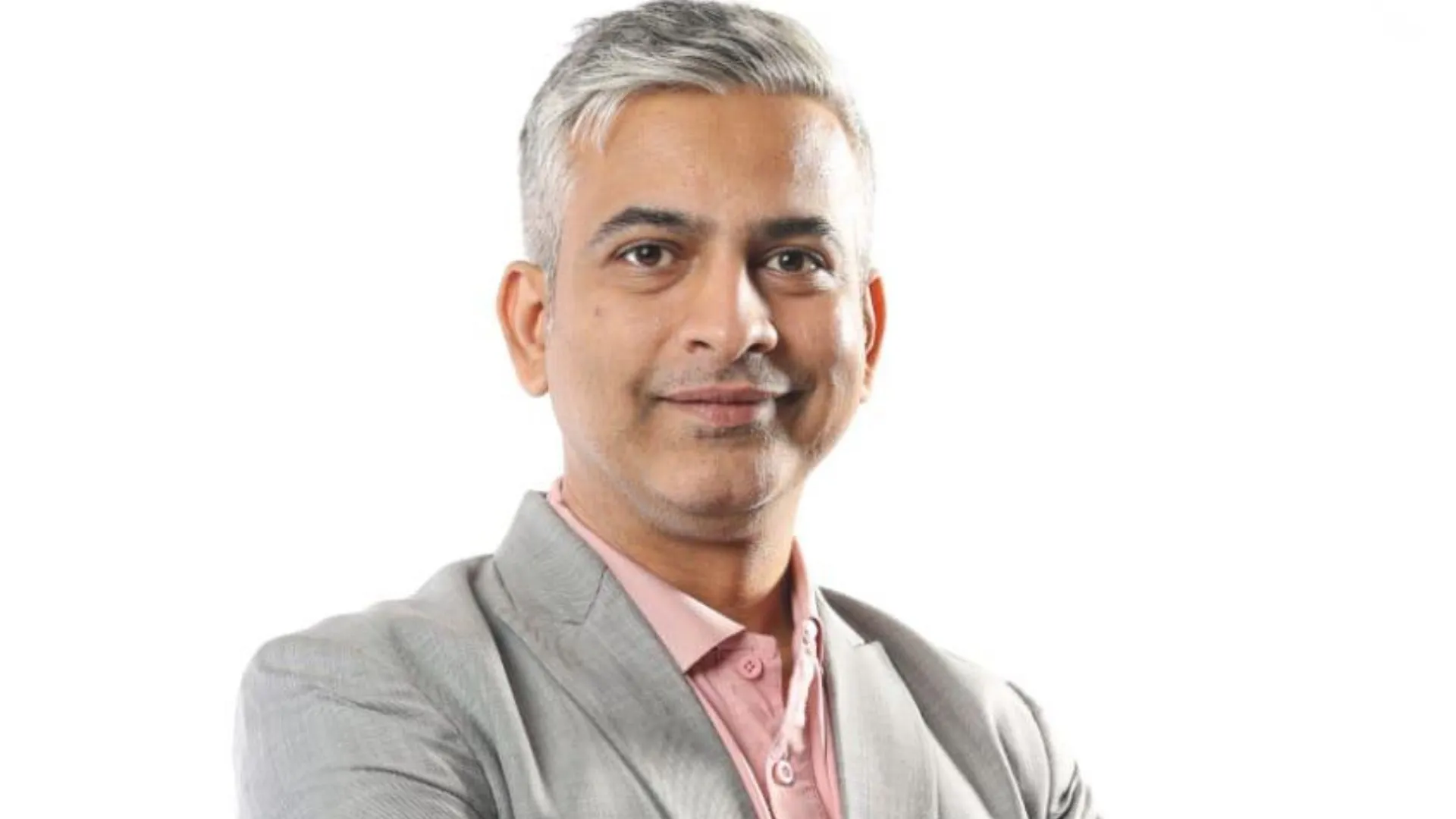How do memories grow when you are asleep? Studies conducted in 2021 under the direction of Dr. Thomas Schreiner, leader of the Emmy Noether junior research group at LMU’s Department of Psychology, showed a clear correlation between the reactivation of memories during sleep and the appearance of certain sleep-related brain activity patterns.
Whether a central pacemaker was responsible for these rhythms was still up for debate. Reanalyse the data, the researchers teamed together with experts from the University of Oxford and the Max Planck Institute for Human Development in Berlin. Based on their findings, breathing has been suggested as a pacemaker. “That is to say, our breathing influences how memories are consolidated during sleep,” Schreiner explains.
Investigating learning mechanisms in the sleep lab
Over the course of two sessions, the researchers exhibited 120 photos to twenty study participants in their initial investigation. Each image was connected to a certain word. After that, the individuals slept in the sleep lab for around two hours. They were asked about the associations they had discovered when they awakened. Their respiration and brain activity were monitored using an EEG throughout the whole learning and sleep time.
The researchers found that sleep spindles, or brief bursts of elevated brain activity, and so-called slow oscillations caused the sleeping brain to automatically recall previously learned knowledge. “The precision of the coupling of these sleep-related brain rhythms increases from childhood to adolescence and then declines again during ageing,” Schreiner explains.
Brain activity and breathing are related.
The researchers then examined the data in conjunction to the recorded breathing and were able to draw a relationship between them as respiratory frequency also varies with age: “Our results show that our breathing and the emergence of characteristic slow oscillation and spindle patterns are linked,” Schreiner states. “Although other studies had already established a connection between breathing and cognition during wake, our work makes clear that respiration is also important for memory processing during sleep.”
Sleep disturbances, respiratory conditions, and deteriorating memory are common in the elderly. Schreiner intends to conduct more research to see whether there are any links between these occurrences and whether cognitively sound solutions make sense, such as the usage of CPAP masks, which are already used to treat sleep apnoea.










